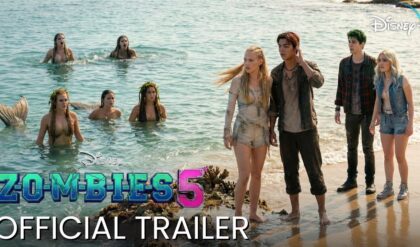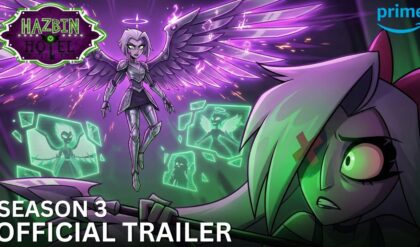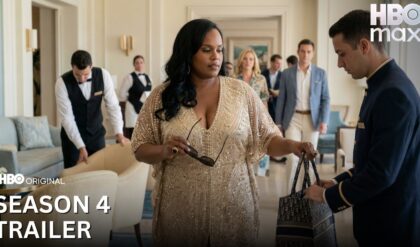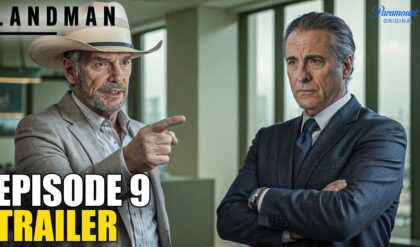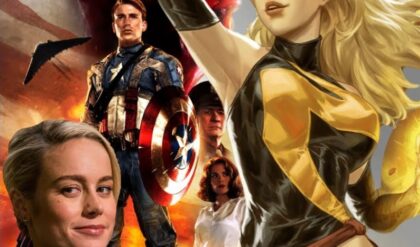The Last of Us Season 2: A Masterpiece or a Misstep? The Fandom Divide Ignites
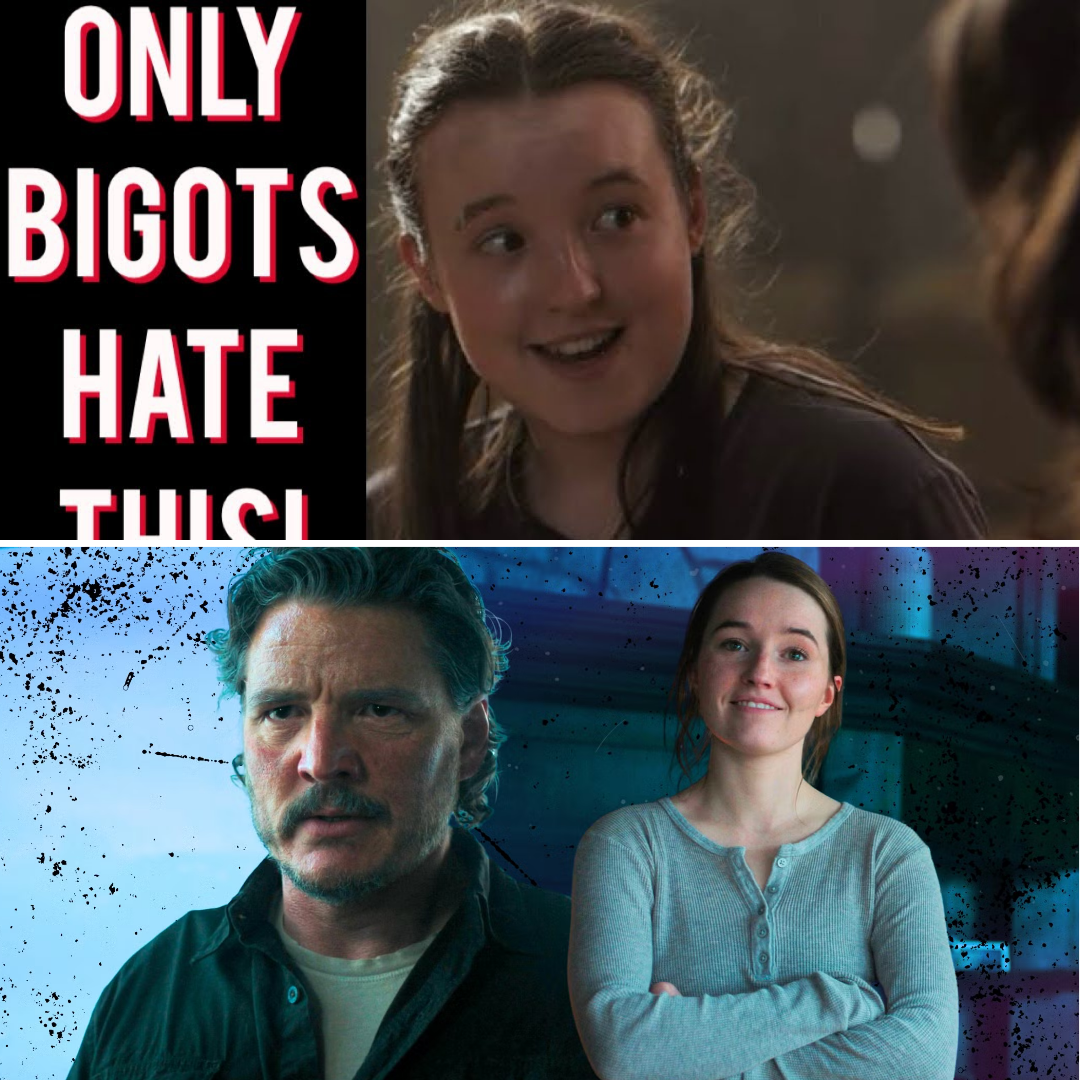
The post-apocalyptic world of The Last of Us has always been a crucible for raw emotion, moral complexity, and heart-wrenching choices, but Season 2 of HBO’s acclaimed adaptation has pushed these elements to a breaking point, igniting one of the most divisive controversies in recent television history. Premiering on April 7, 2025, the series, based on Naughty Dog’s polarizing 2020 game The Last of Us Part II, has shattered expectations with its bold narrative decisions, earning a stellar 96% critics’ score on Rotten Tomatoes. Yet, the audience score tells a different story, plummeting to 52% amid a storm of fan backlash, particularly over the brutal death of Joel Miller (Pedro Pascal) in episode two. Defenders of the show, including critics and ardent fans, are in a frenzy, proclaiming Season 2 a modern masterpiece for its daring storytelling and technical brilliance. Meanwhile, detractors decry it as a betrayal of the franchise’s heart, with some even accusing it of pandering to “woke” agendas. What’s fueling this meltdown, and why has The Last of Us Season 2 become a cultural flashpoint? Let’s unpack the chaos.
A Shocking Twist Sparks Outrage
At the center of the controversy is the early death of Joel Miller, the beloved protagonist of the first game and Season 1, killed by Abby Anderson (Kaitlyn Dever) in a brutal scene that mirrors the game’s infamous moment. In episode two, “Through the Valley,” Abby, seeking revenge for her father’s death at Joel’s hands, bludgeons him with a golf club as Ellie (Bella Ramsey) watches helplessly. The scene, described by some as “The Red Wedding times a million,” was an open secret for fans of the game, which sold over 10 million copies and won nearly 50 awards. Yet, for viewers new to the story or hoping for a deviation from the source material, the moment landed like a gut punch, with X posts like one from @Vara_Dark noting that Rotten Tomatoes’ audience score tanked to 54% as fans flooded the site with negative reviews.
The backlash is multifaceted. For many, Joel’s death feels like a betrayal of the father-daughter dynamic between him and Ellie, which was the emotional core of Season 1. Fans on Reddit’s r/TheLastOfUs have called the decision “a cheap shock tactic,” arguing that killing Joel so early—only two episodes into a seven-episode season—robs the show of its anchor. Others criticize the pacing, noting that the first episode’s focus on setting up Abby’s vendetta felt rushed, failing to build sufficient dread. Some even take issue with Bella Ramsey’s portrayal of Ellie, claiming the 20-year-old actor lacks the gravitas to carry a darker, vengeance-driven narrative, despite Ramsey’s insistence in interviews that they’re “unbothered” by such critiques.
More controversially, a subset of fans has labeled the show “woke,” pointing to its prominent female leads (Ellie and Abby), queer elements like Ellie’s relationship with Dina (Isabela Merced), and the casting of a muscular, non-traditional female character in Abby. Posts on X and comments on Rotten Tomatoes echo sentiments from the game’s 2020 backlash, with some users decrying the show’s “political agenda” for featuring gay and female characters in leading roles. These criticisms often overlap with broader frustrations about HBO’s adaptation choices, with fans arguing that the show prioritizes ideology over storytelling.
Defenders Rally: A Masterpiece in the Making
Against this tide of outrage, defenders of The Last of Us Season 2 are adamant that the show is a triumph, with critics and fans alike hailing it as a pinnacle of television. The season’s 96% Rotten Tomatoes score reflects near-universal praise, with outlets like Empire calling it “television at its peak” and Collider awarding a perfect 10/10 for its “gorgeous, thrilling, and profound” execution. Showrunners Craig Mazin and Neil Druckmann, the latter of whom co-wrote the original games, have been lauded for their fidelity to the source material while adapting it for a broader audience. The seven-episode season, covering roughly half of The Last of Us Part II’s narrative, has been compared to The Empire Strikes Back for its dark, introspective tone—a middle chapter that challenges viewers to grapple with grief, revenge, and moral ambiguity.
Critics argue that Joel’s death, far from being gratuitous, is the narrative linchpin that drives Ellie’s transformation and sets up Abby’s parallel journey. The game’s bold choice to kill Joel early was divisive but critically acclaimed, winning over 300 Game of the Year awards for its unflinching exploration of violence and loss. Defenders see the show’s adaptation as equally courageous, leveraging Pedro Pascal’s star power to heighten the emotional stakes. The Guardian praised the scene for building “a sense of dread far more deliberately than the game,” noting that the show’s slower pacing allows for deeper character moments, such as Joel’s therapy sessions with Gail (Catherine O’Hara) in Jackson, which add nuance to his character before his demise.
The show’s technical achievements also bolster its defenders’ case. From the lush, post-apocalyptic vistas of Seattle to the harrowing sound design of Infected encounters, Season 2 is a visual and auditory spectacle. Performances, particularly from Ramsey and Dever, have been singled out for their intensity, with Kaitlyn Dever’s Abby described as a “revelation” for her ability to convey both rage and vulnerability. Fans on X, like @RinoTheBouncer, have shared glowing review scores—Empire (5/5), RadioTimes (5/5), IndieWire (A-)—to counter the narrative of failure, arguing that the backlash is a vocal minority amplified by review-bombing, a tactic seen with the game and Season 1’s queer-focused Episode 3.
The “Woke” Debate: A Tired Refrain
The accusations of “wokeness” are a sticking point for defenders, who see them as bad-faith attacks rooted in prejudice. The game faced similar criticism in 2020, with some players mocking Abby’s muscular physique and targeting the inclusion of a transgender character, Lev, with transphobic slurs. Season 2, which introduces Lev later in the season, has reignited these complaints, with detractors claiming that HBO is “pushing an agenda” by‘woke’ narrative ignores the fact that Ellie’s queerness and Abby’s non-traditional femininity are integral to the story’s themes of empathy and perspective. Defenders argue that dismissing these elements as political cheapens a narrative designed to challenge assumptions, as evidenced by the game’s critical acclaim and commercial success. As one X user posted, “Complaining about ‘politics’ in TLOU2 is like saying Shakespeare’s too woke for having complex women. It’s the point of the story.”
A Fandom at War
The divide over The Last of Us Season 2 mirrors the game’s reception, where a furious minority sent death threats to developers and actors like Laura Bailey (Abby’s voice actress). While the show’s backlash is less extreme—lacking the death threats of 2020—it’s still significant, with Rotten Tomatoes and IMDb flooded with low scores. Defenders argue this is review-bombing, not genuine critique, citing IMDb’s 9.4/10 rating for the Joel-death episode as evidence of broader support. However, critics of the show maintain their grievances are legitimate, focusing on pacing, character changes, and the loss of the Joel-Ellie dynamic.
Looking Ahead
With HBO already greenlighting a third season, The Last of Us is poised to continue its ambitious adaptation, potentially covering the latter half of Part II and beyond. The show’s ability to win over skeptics hinges on its handling of Ellie and Abby’s converging narratives, a feat the game only partially achieved. If Season 2 can make viewers root for Abby, as The Guardian suggests, it could cement its status as a masterpiece. For now, the fandom remains split, with defenders’ cries of “modern masterpiece” clashing against a tide of anger and disappointment. As the infected roam and violence begets violence, one thing is clear: The Last of Us Season 2 has ignited a fire that won’t burn out anytime soon.
